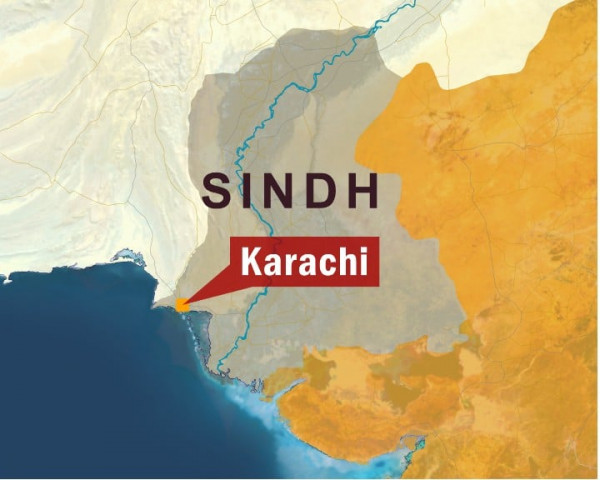Bearish reaction to burgeoning budget

“Each year we are told that this year’s budget will be better than the last one. I have seen politicians claiming that the lives of the people will change. Become better. Every year, I wait for something new to happen that will change my world. It has yet to happen,” said Nasir Arain, the owner of a tea hotel at Khyaban-e-Hafiz in Defence Housing Authority.
Arain says that this has been the case for the past two decades since he came to Karachi.
“How can the life of a common man get better when the budget focuses only on providing better salaries, health care and allowances to government employees? They are already earning well enough and many of them become rich through corruption,” said Arian, who added that while western countries create relief packages for its people instead of bureaucrats, our government is providing relief to those who are connected with the people sitting in the government.
“I want relief here, where I am sitting. I want the price of milk to go down as it affects my business,” Arain demanded.
While Arain’s thoughts could well reflect the concerns of many common citizens in Sindh, the provincial budget 2010-11 has also left many politicians wondering.
Jamaat-e-Islami’s Naimatullah Khan
“Karachi had been neglected and not given its due share in the budget. All that was done was for the industrial sector, as it is the hub of business. A city that has contributed more than half of its economy [for the entire country] was given a few billion rupees,” said Jamaat-e-Islami’s Naimatullah Khan, a former city nazim who is also the president of the al Khidmat Foundation Pakistan.
A greater share for police reforms [in the budget] will do the people of the province no good as the government’s coalition partners are themselves responsible for the unrest in the city, Khan alleged. He was of the belief that an increase in the funds allocated to the police for reforms will be a waste if the law-enforcement agencies are not held accountable for their actions.
He also expressed his concern regarding the Benazir Income Support Programme (BISP) and Benazir Youth development programme (BYDP), saying that the projects were of no benefit to the people in general as they only catered to the workers of the Pakistan People’s Party (PPP).
“Will the workers of another political party get any relief from this programme? Will the [PPP] workers not get upset if workers from other parties are helped instead?” Khan questioned.
A city cannot progress by building flyovers and bridges, Khan said, adding that law and order must be maintained along with a city’s industrial growth to achieve progress.
There must be a 50 per cent cut in the funds allocated to the CM House and the Governor House, said Khan, adding that currently the two are allocated funds that amount to half of Karachi’s development budget.
Pakistan Muslim League- Nawaz’s Mamnoon Hussain
“It is good that there was an increase in the funds of some departments. However, there should have been more. It was disappointing to know that Larkana’s budget was more than Hyderabad’s. It is totally unjustified. Health and education should also have been given a larger share,” said Pakistan Muslim League- Nawaz’s Mamnoon Hussain, a former governor.
The package for Lyari, amounting to Rs650 million, is insufficient, given the state of the area and the sacrifices made by its people in the gang wars, said Hussain.
“People had to move out of Lyari due to safety concerns [which is why] what is being spent on the police for reforms should be set aside for bringing peace to Lyari,” Hussain demanded.
National People’s Party’s Aref Mustafa Jatoi
“While the budget looks promising overall, the revenue targets are too optimistic,” said MPA Aref Mustafa Jatoi, who expressed his apprehensions regarding the imposition of new taxes.
The provincial sales tax is a questionable factor while the budget has disregarded short term concerns, such as inflation, job creation, energy, road networks, coal projects and master plans to improve cities, said Jatoi.
“The federal government used to give the Sindh government special grants. Last year, Sindh was given Rs10 billion under the district support programme, but we won’t get it this time around,” Jatoi said, expressing his concerns regarding the budget in the light of the NFC. “It is like giving money from one hand and taking it back from the other.”
However, Jatoi deemed an increase in funds for health and education a positive step.
Published in the Express Tribune, June 12th, 2010.



















COMMENTS
Comments are moderated and generally will be posted if they are on-topic and not abusive.
For more information, please see our Comments FAQ